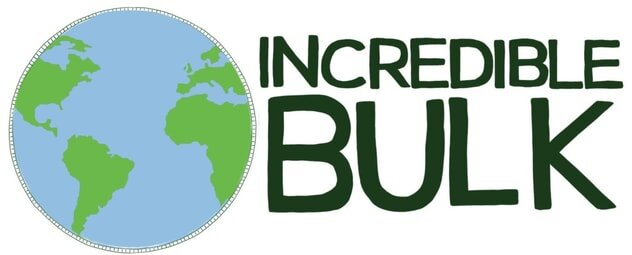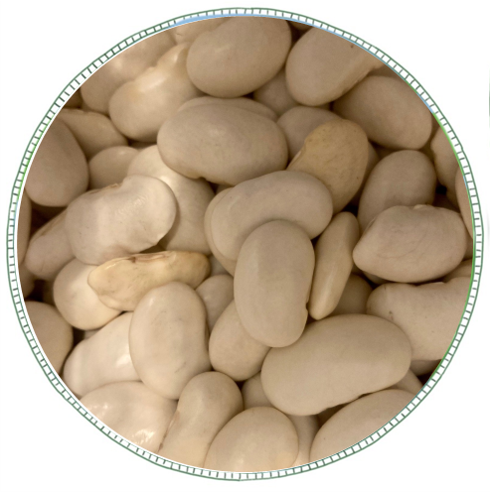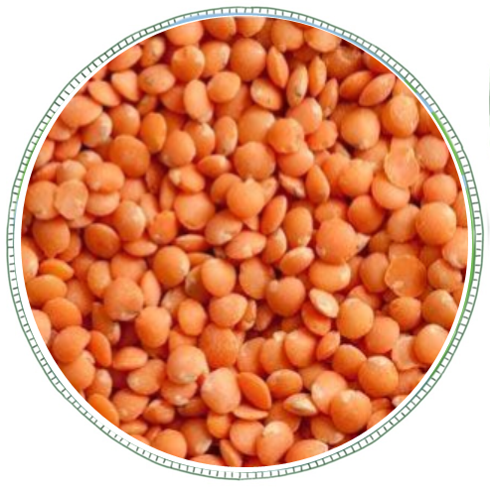Giant Cous Cous (Organic)
/-
Giant Cous Cous differs from traditional cous cous slightly and is often considered more of a small pasta.
It is lightly toasted for a nutty flavour, it becomes firm on the outside and tender inside when cooked.
Perfect for adding to soups, stews, or fresh salads. Can be used as an alternative to rice or pasta in dishes.
Instructions: Rinse under cold water and place in a medium saucepan with water or stock - enough to cover plus some extra. Bring to a boil and simmer over a low heat for 10-12 minutes. Take the pan off the heat, put the lid on and let it stand for 10 minutes to allow the cous cous to absorb all the liquid.
Recipes
-
Durum Wheat Semolina
Allergens: Gluten
-
Sold package free, bring your own containers to avoid single use packaging or delivered in a paper bag.
Delivered to us in either a large plastic sack or paper sack. Plastic waste is recycled via Terracycle or Refactory, paper sacks are either reused, composted or recycled.
-
Italy. Delivered to us via land.
-
Organic product avoiding harmful synthetic chemicals, supporting sustainable farming techniques.









